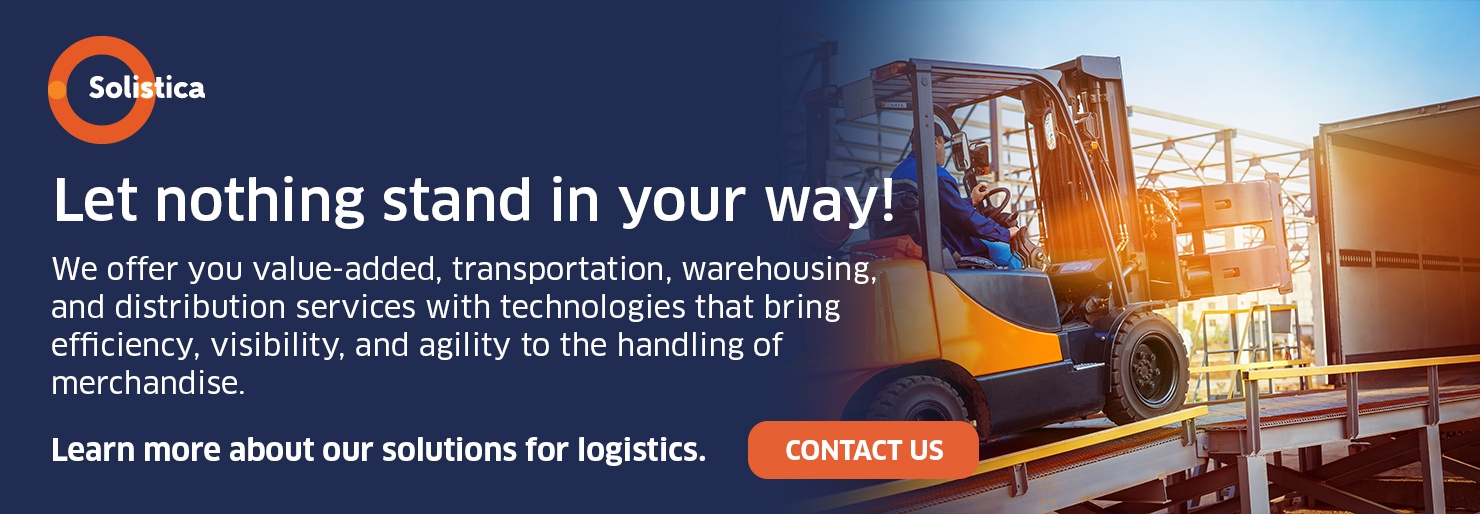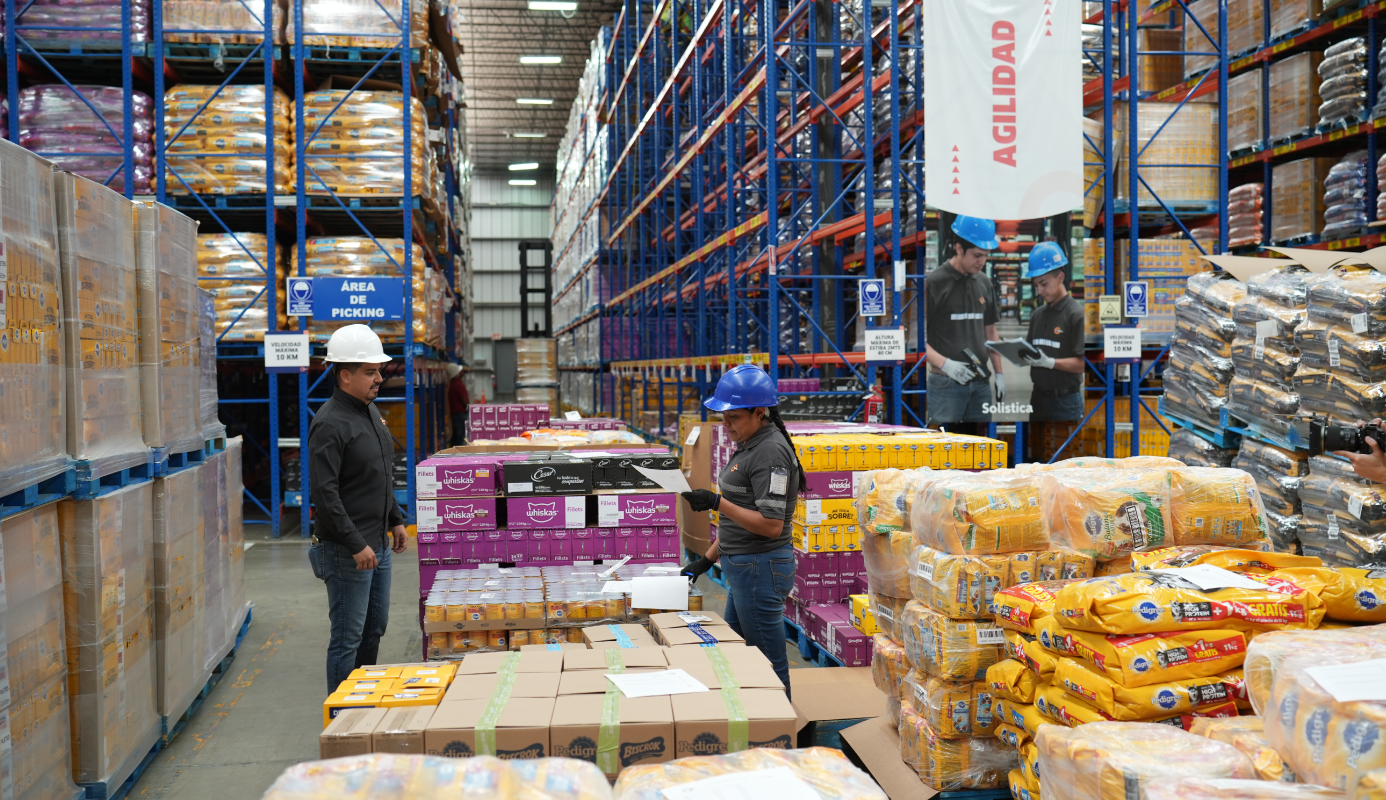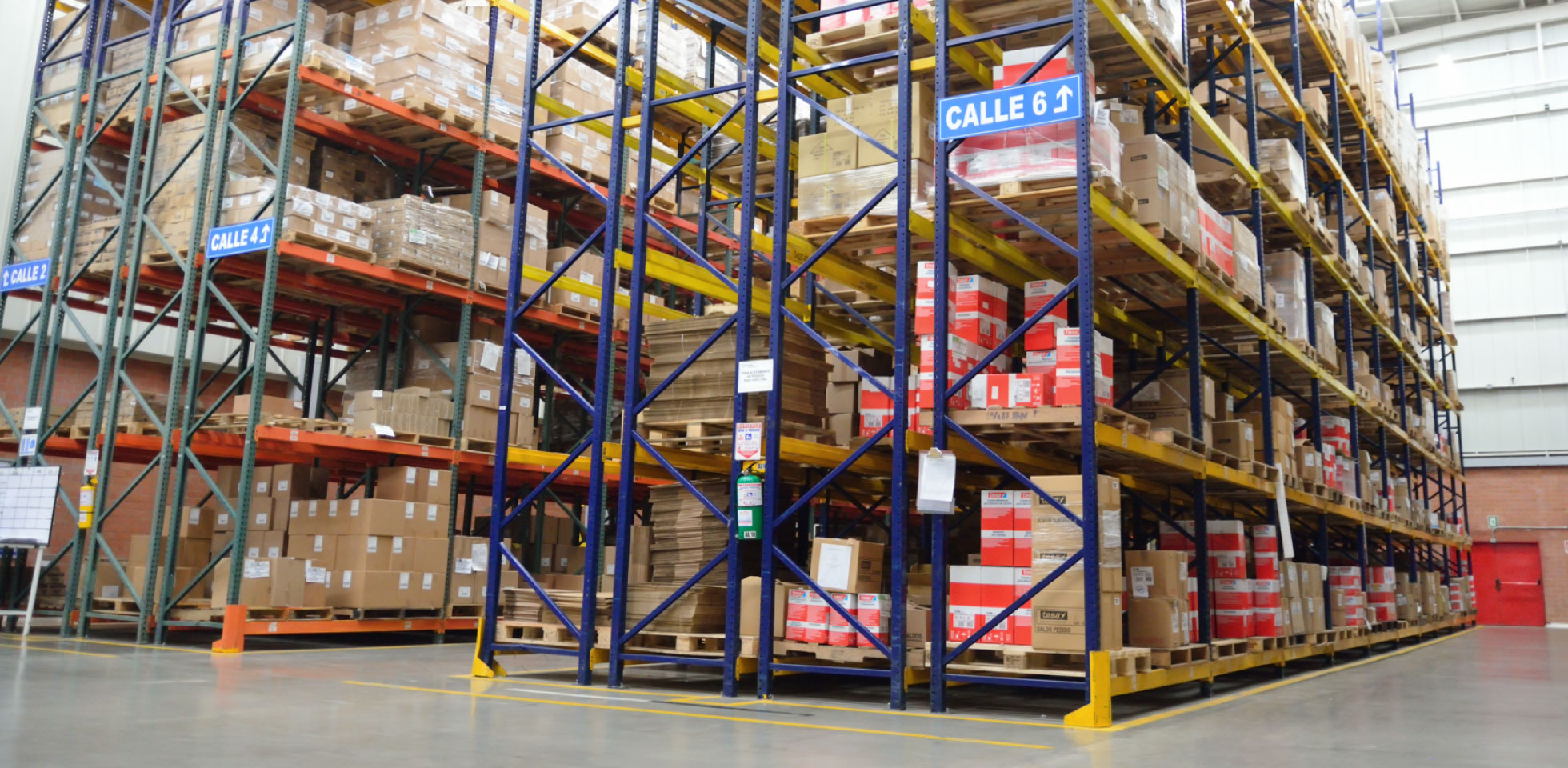Logistics decisions end up being of the utmost importance for a company’s sales results since they impact its ability to manage goods, meet commercial commitments, optimize distribution costs, increase sales, raise the brand’s reputation, and about a dozen other indicators.
And we cannot make these decisions without giving them enough thought, mainly because they are essential for a company’s success. We must make these decisions comprehensively and in alignment to commercial decisions and to the competitive advantage we aim to offer (flexibility, price, quality, etc.) Furthermore, these decisions should consider short-, medium-, and long-term goals.
Therefore, it is always best to have a logical process for decision making.
The process
To choose the right option among several available to us, we need to run a comparison and analysis process for each option, using the available data to dismiss options not yielding the results we want and to find the most efficient alternatives. This way, we are making decisions fully aware of the consequences of our selection.
For this analysis, it is essential for us to place clients at the center of the issue and the solution; in other words, we need to embrace a "customer centric” strategy and eschew the perspective of the market instead of placing ourselves in our clients’ shoes, embracing their needs and expectations, as this is the only way we can ensure their satisfaction and loyalty.
The stages
The process for decision making in logistics can be seen from two perspectives: manufacturing decisions (what, where, and how much to manufacture, which suppliers to choose, and so forth) and local logistics decisions (transportation, storage, control of stock).
The process’ stages may vary depending on the goal of the decision-making process; nevertheless, broadly speaking, it should consist of the following four:
- Definition
Define the issue to solve as clearly as possible. This must be the starting point of the decision-making process.
Broadly speaking, in the logistics sector the fundamental issue to solve is how to deliver goods to clients on time and in the best conditions.
-
Gathering
The next step is to gather all available information regarding the issue and categorize it so we can locate it faster when needed.
The information must be valid, clear, timely, and updated for it to support decision making across the system because, in crucial moments, urgent demands add to daily demands.
If we can validate the information with other players, it will be a plus. Thus, we can create exchange mechanisms to ratify, rectify, or dismiss information.
- Creation of Options
After gathering and analyzing the information we have, we must propose viable solutions.
-
Selection
We must compare the proposed solutions and, finally, choose the best option. The selection will be the result of the whole process.
The key for yielding the best results is to consider all the elements involved in the issue at hand and in the solution to implement, as well as the limitations and needs of the different distribution routes or logistics solutions.
From local to global, foreseeing all.
Supply networks have multiple origin points and multiple destinations.
We need to avoid a common mistake: making decisions in isolation, looking at issues on a local perspective, or eyeing only the global costs.
Everything adds up so, to properly understand the logistics costs, we must see the whole network, ranging from the import of raw materials to the so-called last mile in the delivery of our goods. A comprehensive analysis saves costs.
The necessary monitoring
Assessing the results of previous decisions will allow us to make better decisions in the future.
Therefore, once we put our logistics decisions into action, we must track the results constantly and have a control system for assessing them. This flow of information also helps avoid making isolated and short-term decisions.
After all, better logistics decisions allow companies to exist and be successful longer.







